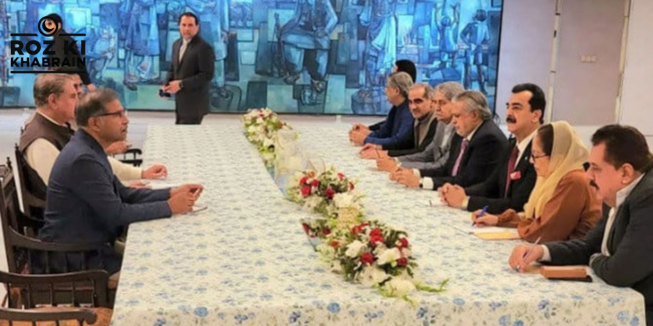Chairman of the Council of Islamic Ideology (CII), Dr. Raghib Naeemi, has called for responsible use of social media, highlighting its dual potential for positive and negative outcomes. In a press conference following a council meeting on Wednesday, Dr. Naeemi revealed that the CII had reviewed and reaffirmed previous recommendations on social media use, aiming to foster ethical and constructive online engagement.
He stated, “Social media should serve national security, promote Islamic teachings, and fulfill legitimate purposes.” Dr. Naeemi condemned the misuse of social platforms for spreading religious insults, sectarianism, and extremism.
Regarding the use of Virtual Private Networks (VPNs), Dr. Naeemi clarified that VPNs are not inherently un-Islamic, but their use must be legitimate. He stressed, “Only registered VPNs are permissible in Islam,” urging adherence to government regulations.
Dr. Naeemi also emphasized that, under Article 19 of the Constitution, citizens have the right to access information. While acknowledging the influence of modern media, he maintained that its positive use is essential. “Banning modern media is not the answer. Instead, we must create viable alternatives,” he stated.
The council, he added, plans to consult with technical experts to address these issues. When asked about the prime minister’s use of VPNs, Dr. Naeemi reiterated that the government has set a deadline of November 30 for VPN registration, emphasizing that after this date, only registered VPNs should be used.
Earlier, the CII had called for blocking immoral and blasphemous content on the internet, declaring the use of VPNs for illegal purposes as un-Islamic. Dr. Naeemi explained that while VPNs are legitimate tools for privacy and security, they are often misused to access illegal or immoral content, spread misinformation, or enable cybercrimes.
He warned that using VPNs to bypass restrictions on blocked websites not only violates laws but also goes against Islamic ethics. The permissibility of actions in Islam, he noted, depends on their purpose and the manner in which they are carried out.




